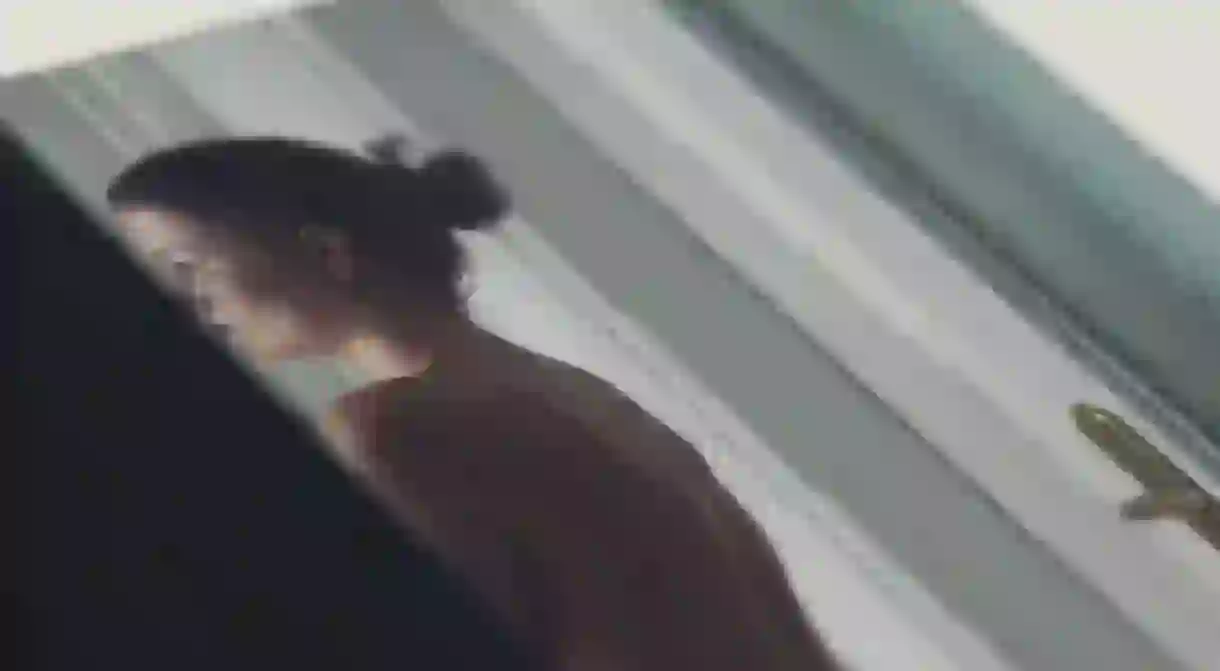Interview: Discover the Hyperrealist Masterpieces of Iván Franco Fraga

At first glimpse you would be forgiven for thinking you were staring at the work of a photographer but get up close and personal with Iván Fanco Fraga‘s work and you’ll soon realise that you’re staring at oil, pencil and canvas. Raised in Ourense, trained in Vigo and currently residing in Barcelona, Iván Franco Fraga put down his brushes for a moment to answer our questions about his hyper-realist masterpieces.
Culture Trip: How did you get started in the world of art? What was your journey towards it?
Iván Franco Fraga: If I have to be honest, I can’t remember why or how it all started. I don’t have any memories in which drawing or painting were not present. Although undoubtedly the idea of dedicating myself to this seriously began when I went to study fine art. From there onwards, it has been about investigating and maturing as an artist.

CT: How would you describe the work you do today?
IFF: Although I make photographs or drawings, I understand all this as part of a wider pictorial process. I would describe myself as a painter. A painter who questions reality through an image inviting the viewer also to participate in this fictitious game.

CT: How did you decide to dedicate yourself to ‘hyperrealism’?
IFF: I always found it interesting how people were so enthralled to perceive reality in a photograph – say a medium – where there is only paper, canvas, a computer screen or a mobile, for example. We have the sensation of seeing people in portraits when in front of us there is only an image, that by its very nature and architecture is made to deceive, even if it is involuntary.

CT: How do you work? Do you start with a photo or a sketch?
IFF: As a first step I try to look for a mental image that is seductive, then I try to shape it through photography – because I like the current appearance which cloaks our society. In terms of our visual education, a very high percentage of what we know comes from photography. We know more through this medium than through our direct visual experience. It has become a way of seeing, understanding and expressing. The passage to the pictorial, although it seems inconsequential, comes to shape the pillars of my work.

CT: What inspires you?
IFF: The ease with which people take things for granted. Nobody questions the structure of the medium – unless you dedicate yourself to creating images – people question what the images contain. Sometimes the container can prove to be more interesting.
CT: What do you want to achieve with your paintings?
IFF: That the people who observe my work may come to question the very existence of reality. What I can offer is one small step of a wider reflexive process that can reveal the weakness of ‘the real’ as a dogma which many images present us with.

CT: What relationship do you want your work to have with ‘the real’?
IFF: Let’s say that the relationship I seek in my work is to use its own processes, its morphology, to unmask it and concede the throne to ‘the true’ instead.

CT: What’s the hardest part of what you do?
IFF: It has always been more complicated to construct the image. To make the first step. I can think of many starting points, but finding what is attractive or interesting is rarely straightforward. I discard many ideas because they often seem ridiculous or insignificant, but from time to time something appears that seems precarious, that’s different from the rest and deserves to be brought to maturity as an artistic project.

CT: Is there a particular painting which stays in your mind?
IFF: Gold Stater from Pantikapaion. A 14-month long project which put me to the test in terms of patience. After having many doubts in those months the result was very rewarding. It is a piece for which I have a lot of affection and I find it difficult to detach myself from it.

CT: Any last words to add?
IFF: In a reality we can find lies, in truth there’s no room for them.
Iván Franco Fraca’s work can be seen on display at the Galería Miquel Alzueta in Barcelona.













